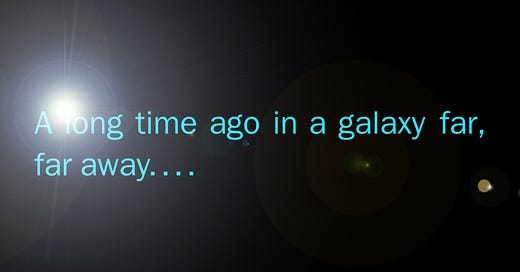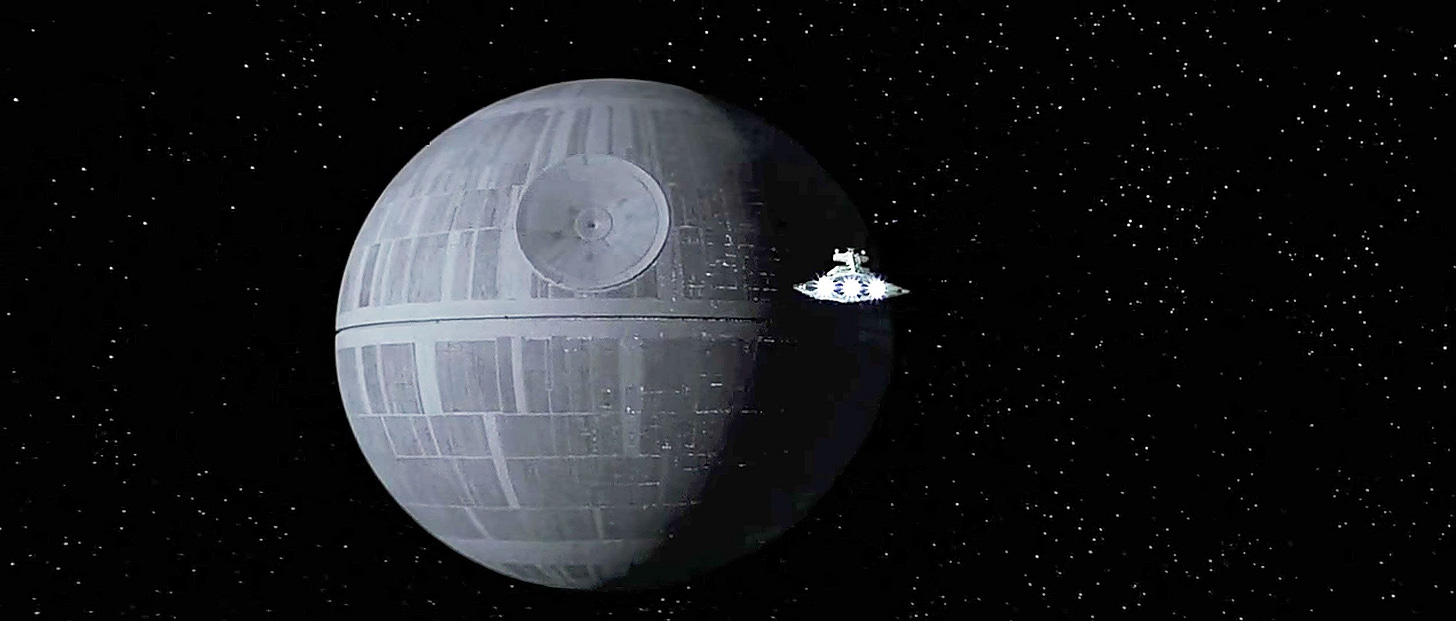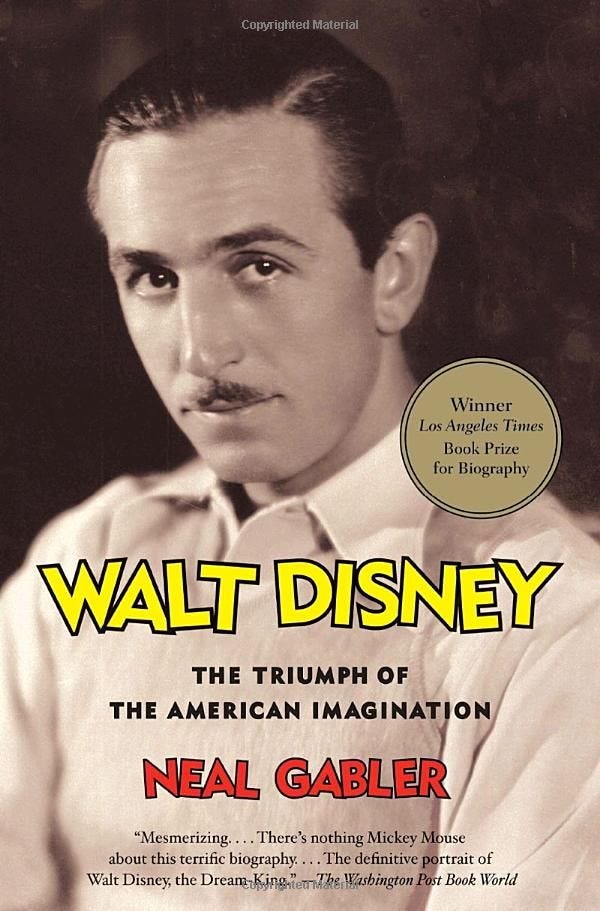Netflix streaming appeared in 2007, shaking up the industry. With its large list of available titles that could be watched at any time and its fair price, it's not hard to understand why. Netflix cost was 8 dollars a month, a bargain compared to the very expensive and filled with commercials, cable TVs, that dominated the scene.
The ability to choose your content while not watching hundreds of commercials, made Netflix grow exponentially in the subsequent years. Add to that its own blockbuster shows and you have the powerhouse that Netflix still is today.
This reigning is now being disputed by big contenders who came up with their own streaming platforms trying to take over the gold pot that Netflix has found. And they are backed up by huge companies such as Apple, Amazon, and Disney. Different from Netflix, they don't rely on the success of any of those streaming services to exist.
So does Netflix still stand a chance? What do those contenders bring? And what happens to us consumers in this war?
Apple TV+
Apple is the largest technology company by revenue and makes much of its money by selling tech products such as Macs and iPhones. They launched the streaming platform Apple TV+ in 2019. It's still lagging behind other subscriptions services even with its low prices and investments in bringing big stars and directors to its own productions.
At this point, they have only one acclaimed series: Ted Lasso, which probably hasn't been enough to bring a large number of subscribers yet. Apple TV+ doesn't make their subscriber numbers public, what can only mean they are not doing so well.
Amazon Prime Video
Amazon has been on Netflix's tail with over 200 million subscribers. It's not hard to know why. Amazon is the biggest company in the world and hardly needs a successful streaming platform to increase its revenues. Their subscription is super cheap and is combined with Amazon Prime, which consumers pay to make Amazon deliveries faster.
On the other hand, or maybe because they don't care that much, their streaming platform is horrible. The user design is pitiful, everything is small and confusing. There are movies and series that are included and others that you have to pay to rent, and it's very hard to know which is which beforehand. Also, I can probably count in two hands their own movies and series that are truly worth watching.
HBO Max
HBO is an old media company, owned by Warner and they know how to make good products. In subscriber numbers, they still lag far behind Netflix -with only 69 million- but they are a powerhouse in making series and movies. They have certainly gained a lot of subscribers with Game of Thrones, and are trying to get some more with the new spin-off coming out this year.
HBO still struggles with old contracts they have with cable television in some countries, though. Which doesn't allow them to launch their streaming platforms there. That's true for many European countries such as Belgium, where I live, where we cannot access HBO Max. Still, they are strong contenders for getting in the way of Netflix, bringing good quality to the table.
Disney+
The media giant released its streaming platform in 2020 and has already amassed 100 million subscribers. But, most predictions of a big loss of subscribers from Netflix going to Disney were actually proved wrong. Disney+ quickly got millions of subscribers, but they didn't leave Nextflix. At least, not yet.
Disney has everything to take the center stage soon, though. As with Amazon and Apple, it doesn't rely on the streaming platform. Disney has a vast catalog of movies and series, from their own productions and of 20th Century Fox. They also own CNN, ESPN, Nat Geo, and Hulu. To further their advantage, they own thousands of characters, including from Star Wars, and Marvel, from which they can draw an infinity of stories with a sure watch from the fanbases.
In addition, Disney is taking back some owned hit shows from Netflix and adding to its own platform such as How I met your Mother, New Girl, and Modern Family. With such a vast catalog, they don't have to worry about continually paying copyright or keep creating new shows and can keep their subscription prices low.
Netflix
Netflix is still the leading streaming platform, with 208 million subscribers. But, as said before, Netflix is only a media company. It has to continuously release new shows, and pay or acquire content to its platform, which can be quite costly. For instance, to counter the loss of Friends, Modern Family, and The Office (in the US) from its catalog, Netflix paid half a billion dollars to have Seinfeld.
A seemly insane amount of money, but that makes sense taking into consideration that those and other older comedy shows were a big chunk of streaming time on Netflix.
To keep producing so many new shows and paying copyright, Netflix keeps raising its subscription costs. Which will end in them losing consumers. So the question is will Netflix be able to keep up and create as much good content as the ones they are losing? For how long?
Are we back to where we started as consumers?
Netflix's slow loss of catalog is also a loss for us as consumers. Currently, if you want to be up-to-date with all the series, or just enjoy the old ones, you have to pay for multiple streaming platforms at the same time. What ends up being quite a lot of money.
Add to that the fact that some of those platforms such as HBO Max and Hulu are just not available in most countries, you end up back to where we were before streaming. Having to resort to VPNs and other sometimes not-so-legal solutions.
Another big issue is that more doesn't always mean better. For streaming, it is actually the opposite. Producing and releasing multiple new shows every week means the quality goes down. Especially, since the only focus is hitting numbers such as views and subscribers, and not necessarily a great story.
We seem to be entering a problematic phase on streaming in which only titles that will safely be a success are being released. Just like it happened to the cinema.
The focus on numbers has made shows that seemed to have a large number of fans and were great get canceled (RIP Anne with an E). And it's getting harder and harder to find a good new show on Netflix. Netflix is looking every day more like old cable channels with reality shows, celebrities, and questionable zombie movies.
Will a monopoly of Disney make things better? Probably not. We were happy with Netflix because it really disrupted how things were made and made things better for us consumers. We could suddenly have access to a great library of titles, at any time and cheap. It seems like we are slowly losing the advantage we had and heading to a future of multiple subscriptions and blockbuster-like shows.
What to watch?
Tech industries are constantly fighting for our attention, even resorting to psychological trickeries. Watch the Social Dilemma, a documentary that dives into the effect of our addiction to social media and streaming platforms, and how it affects us, especially teenagers.
What to read?
Disney's biography is an interesting read. Gabler reveals a wounded, lonely, and often disappointed man, who, despite the worldwide success, was plagued with financial problems much of his life and suffered a nervous breakdown. Walt Disney showed how one could impose one's will on the world and that increasingly is its company way of doing things.
What to binge?
Anne with an E is a heart-warming show about an orphan girl that gets adopted by a brother and sister. It's quite a cute and pretty show about coming of age and being different. The series was canceled ahead of the Netflix release for season three, which the streamer subsequently marketed as the "final" ever season. It prompted many petitions to keep it on, but there's no sign of it happening.










